Another Dresden: Russia accuses US of wiping Raqqa off face of the earth with barbaric bombing
Photos of the shattered Syrian city of Raqqa after a fierce four-month battle to expel Islamic State (Isis/Daesh).
Russia has accused the US-led coalition of wiping Raqqa "off the face of the earth" with "barbaric" carpet bombing in the same way the United States and Britain devastated the German city of Dresden in 1945 during the Second World War.
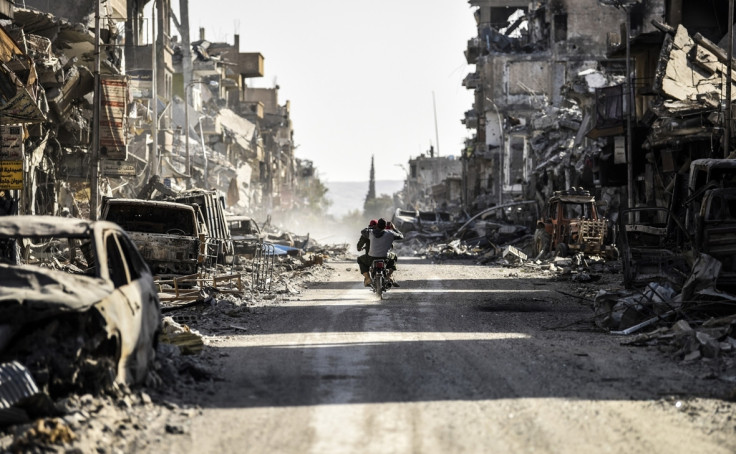
Defence Ministry spokesman Major General Igor Konashenkov said that around 200,000 people had lived in Raqqa before the conflict in Syria, but that not more than 45,000 people remained. "Raqqa has inherited the fate of Dresden in 1945, wiped off the face of the earth by Anglo-American bombardments," he said.
The Russian Defence Ministry, which has itself repeatedly been forced to deny accusations from activists and Western politicians of bombing Syrian civilians, said it looked like the West was now rushing to provide financial aid to Raqqa to cover up evidence of its own crimes.
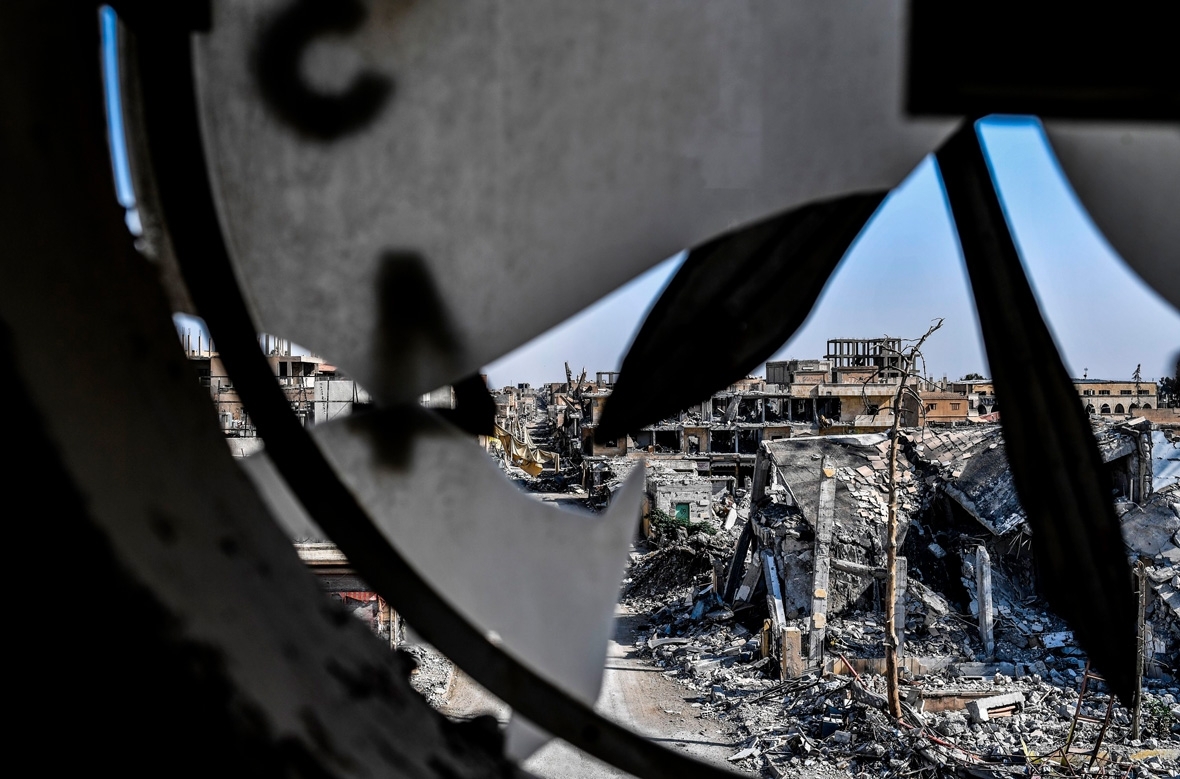


Though he said Russia welcomed Western promises of financial aid to rebuild Raqqa, Konashenkov complained that numerous Russian requests for the West to give humanitarian aid to Syrian civilians in other parts of the country had been rejected in previous years.
"What is behind the rush by Western capitals to provide targeted financial help only to Raqqa?," asked Konashenkov. "There's only one explanation: the desire to cover up evidence of the barbaric bombardments by the US air force and the coalition as fast as possible and to bury the thousands of civilians 'liberated' from Islamic State in the ruins."
Raqqa was recaptured from Islamic State (Isis/Daesh) by the US-backed Syrian Democratic Forces on Friday (20 October) after a fierce four-month battle supported by US air strikes. The SDF is opposed to Syrian President Bashar Assad, whose army is supported by Russian forces.
The US-led coalition has said it is careful to avoid civilian casualties in its bombing runs against Islamic State in both Syria and Iraq, and investigates any allegations. It has previously denied killing civilians in air strikes on Raqqa, saying its goal is "zero civilian casualties".









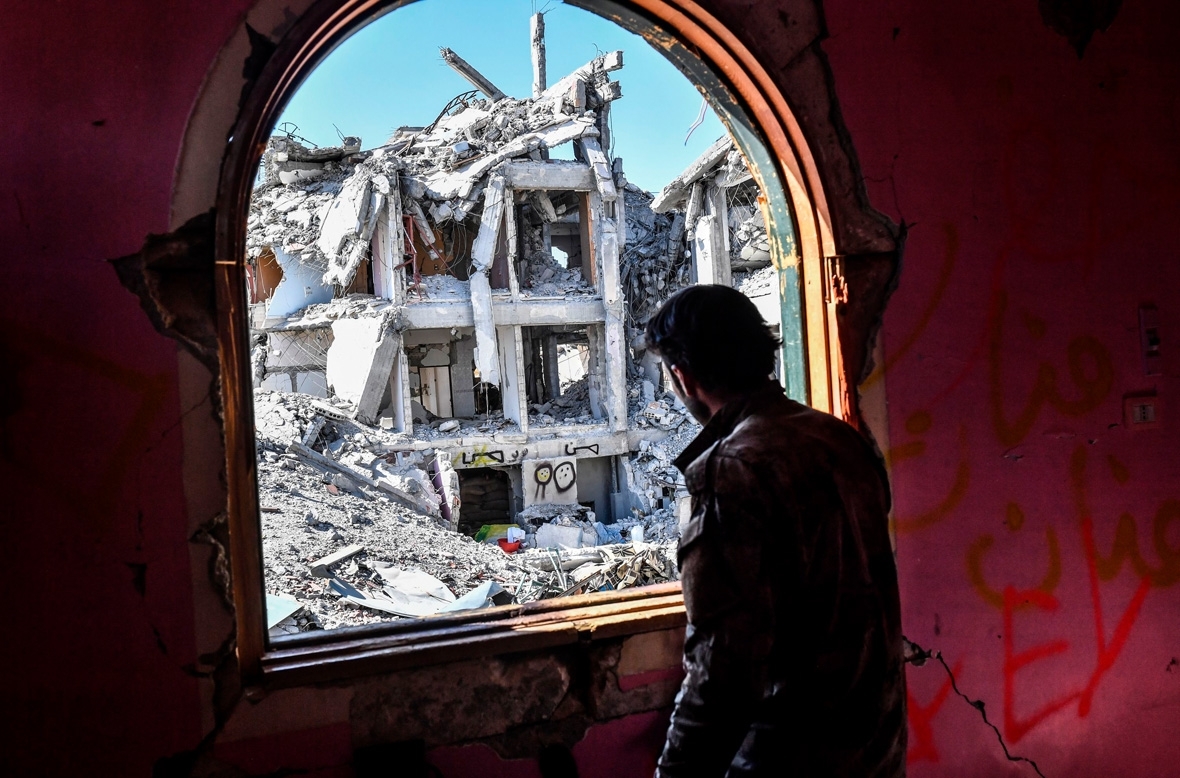
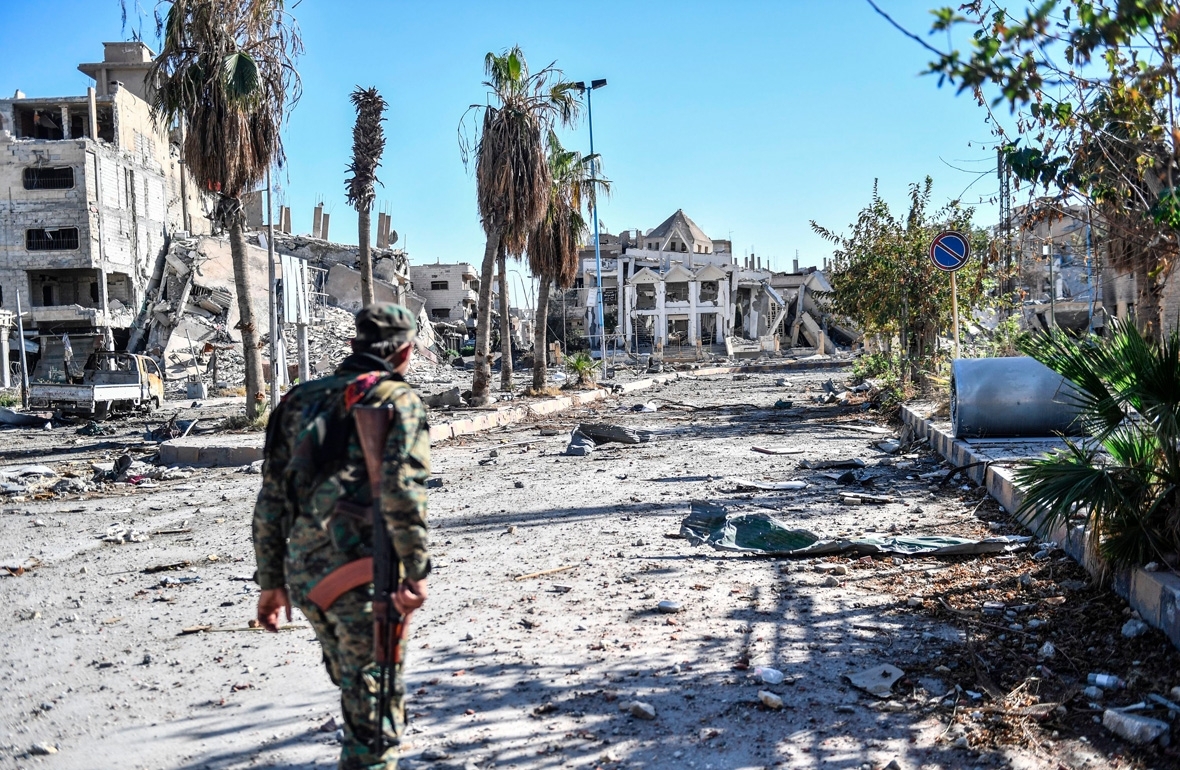
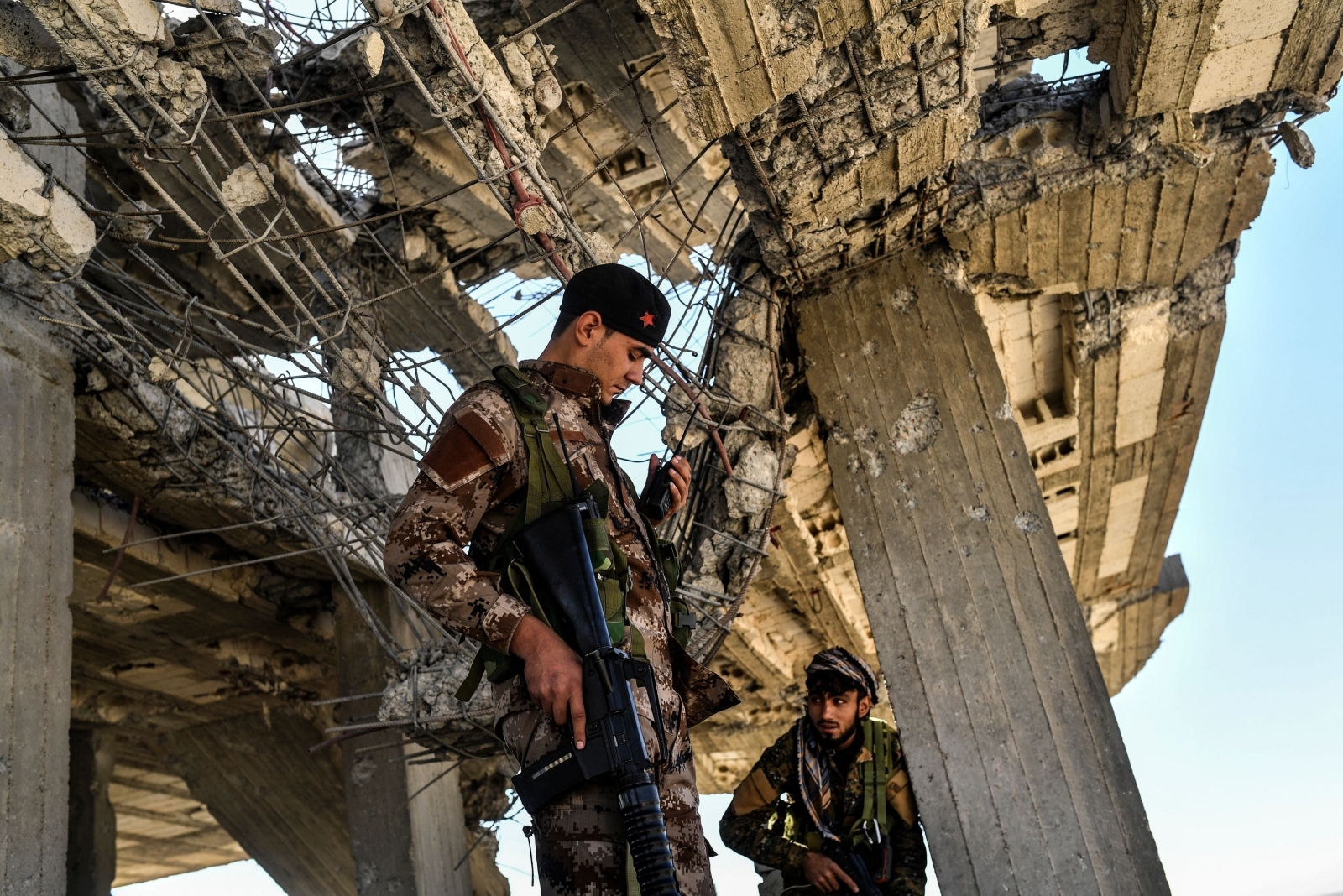
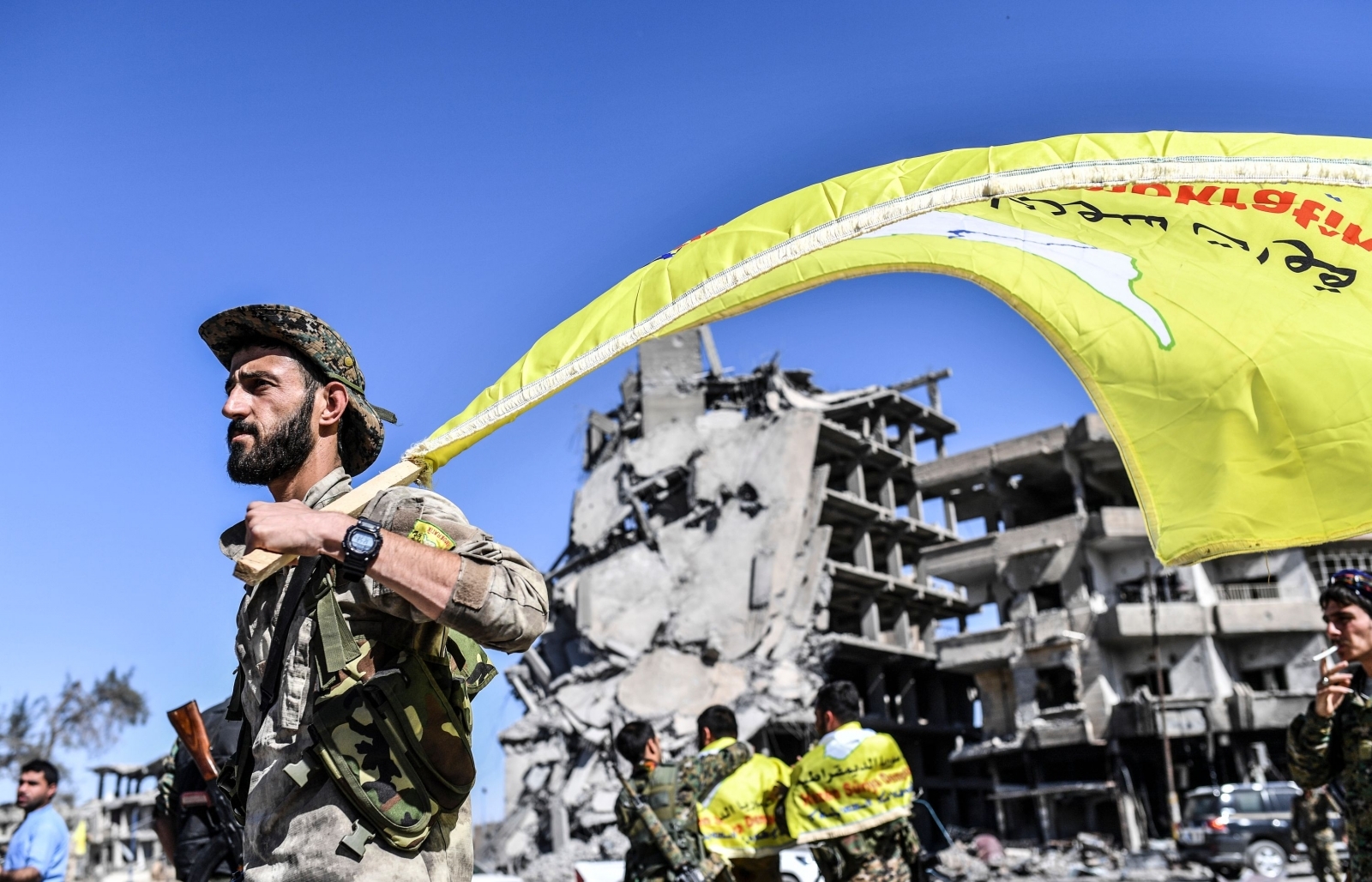
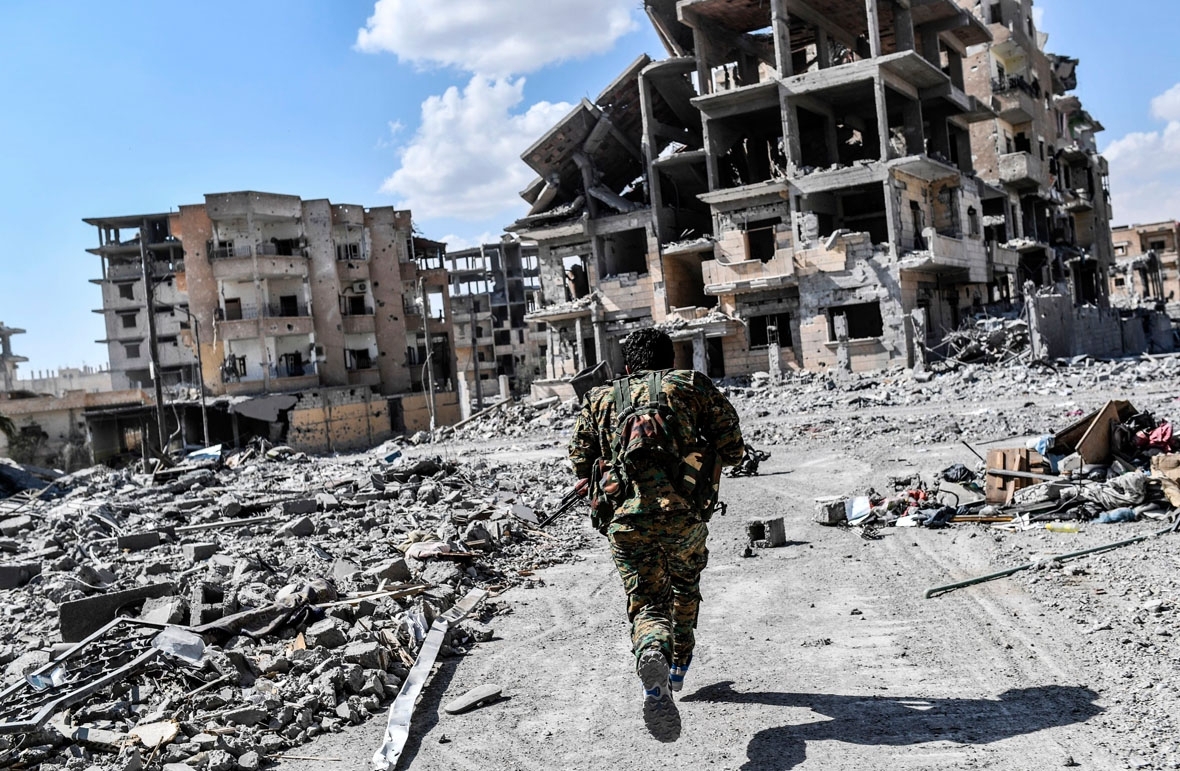

The German city of Dresden was the scene of one of the fiercest and most controversial Allied bombing raids of the Second World War. Untouched by bombing just months before the end of the war, the city was attacked by two waves of British bombers, three hours apart, on the night of 13 February 1945. Almost 800 RAF Lancaster bombers let loose 1,182 tons of incendiaries and 1,478 tons of high explosives, creating a firestorm that destroyed the city. The next day, the Americans sent 311 B-17 Flying Fortress long-range bombers, adding to the damage.
Once dubbed the Florence of northern Europe for architectural jewels such as the Zwinger palace and the Semper Opera, the city was reduced to smouldering ruins. By the time the raid was over, the city was littered with corpses and tens of thousands of Dresden's buildings had been turned to rubble, including its famous opera house and museums in the historic old city. The official death toll is put at around 25,000. But many survivors believe the number was higher as bodies were reduced to ashes in the firestorm.






















